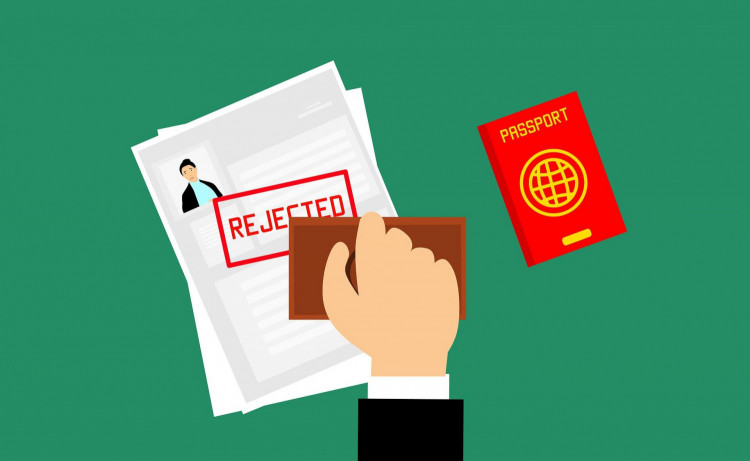The U.S. government announced Wednesday that a new immigration policy will likely prevent American firms from employing foreign skilled workers which officials said was necessary to safeguard jobs in the face of increasing unemployment caused by the pandemic.
U.S. Labor and Homeland Security officials disclosed that the tightening of policies for immigration visas - referred to as the H1-B program - will limit who can secure an employment visa and will implement additional pay requirements on business entities looking to hire overseas workers. H-1B visas for highly-skilled workers allow up to 85,000 immigrants per year, Reuters reported.
The visas are generally used by tech companies, with Chinese and Indian workers comprising mostly the recipients of the work visa. However, the Trump administration said the visa has been taken advantage of, usually at the expense of American workers. The temporary visas are meant to enable American firms to employ overseas workers to fill skills vacancies.
The new ruling underscored an action plan intended to tighten immigration under the Trump administration, which sought to impede the H-1B visa program in a move scrapped last week by a federal court judge. The plan will be imposed following a 60-day evaluation period that would also seek to mandate companies to make legit offers to U.S. residents before planning to hire overseas workers and set in place new compliance guidelines.
The new immigration policy, which takes effect in December this year, is expected to meet opposition from trade organizations like the U.S. Chamber of Commerce, who asserted the H-1B visa program is imperative due to lack of skilled U.S. workers. Trump in June issued an order that temporarily halted the H-1B program until the end of 2020, BBC reported.
According to Labor Deputy Secretary Patrick Pizzella, a new precondition that companies pay higher current salaries to overseas workers will be enforced in the next few days, citing the necessity to help the job sector bounce back from the pandemic-triggered lockdowns.






